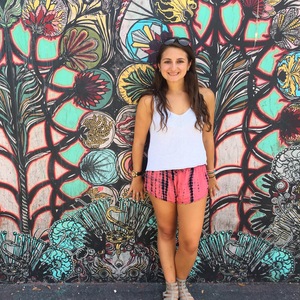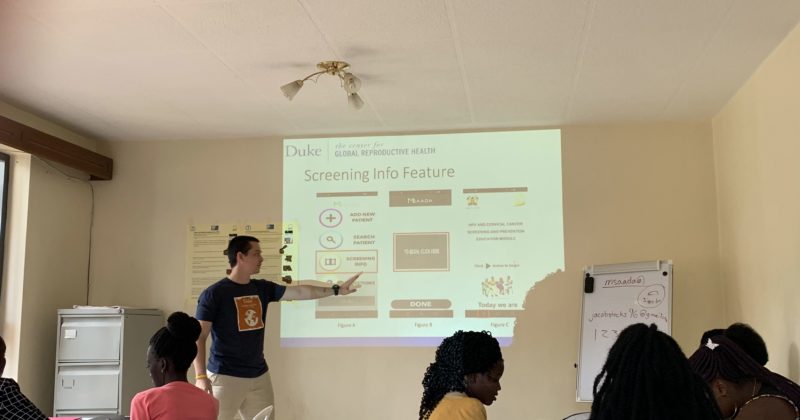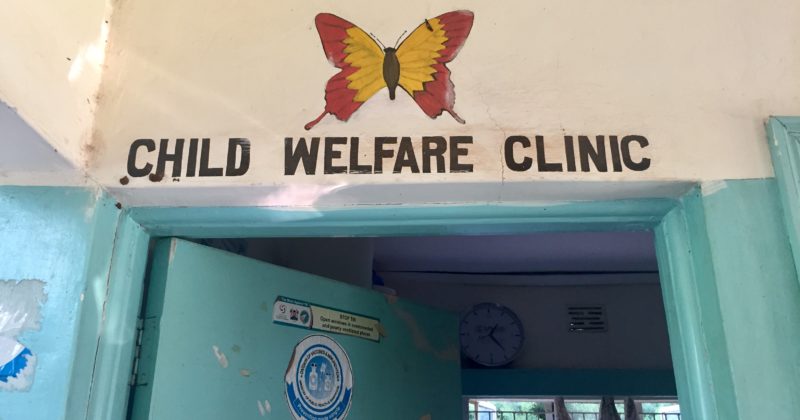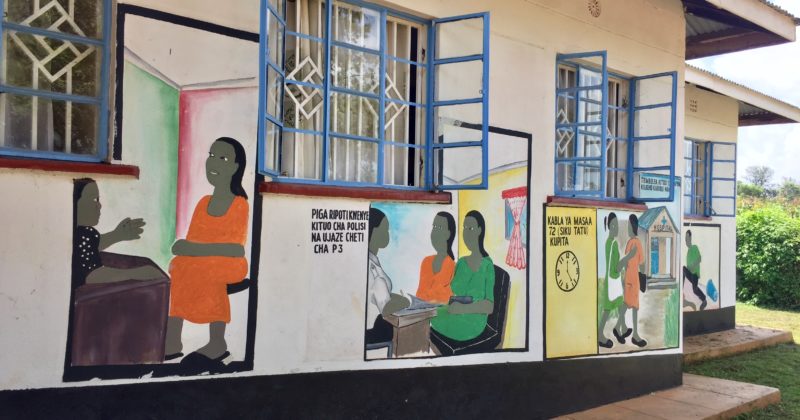
What I Learned
It’s been about a month since I returned from Kisumu, where I spent eight weeks working on the development of an mHealth pilot study at the Duke Center for Global Reproductive Health. I really feel that I gained so much out of those two months, and I’m hoping to bring these lessons with me to my senior year at Duke. I was able to experience what it really means to do research in the field, and that a lot of the time this means being flexible and prepared for plans to constantly change. The local team at the Center taught me the importance of communication and planning ahead, but how to also be ready for scheduling changes when working with outside teams. More than that though, the team showed me how easily one can feel connected to a new group of coworkers that welcome you with open arms. I think I speak for myself and the rest of the SRT...









